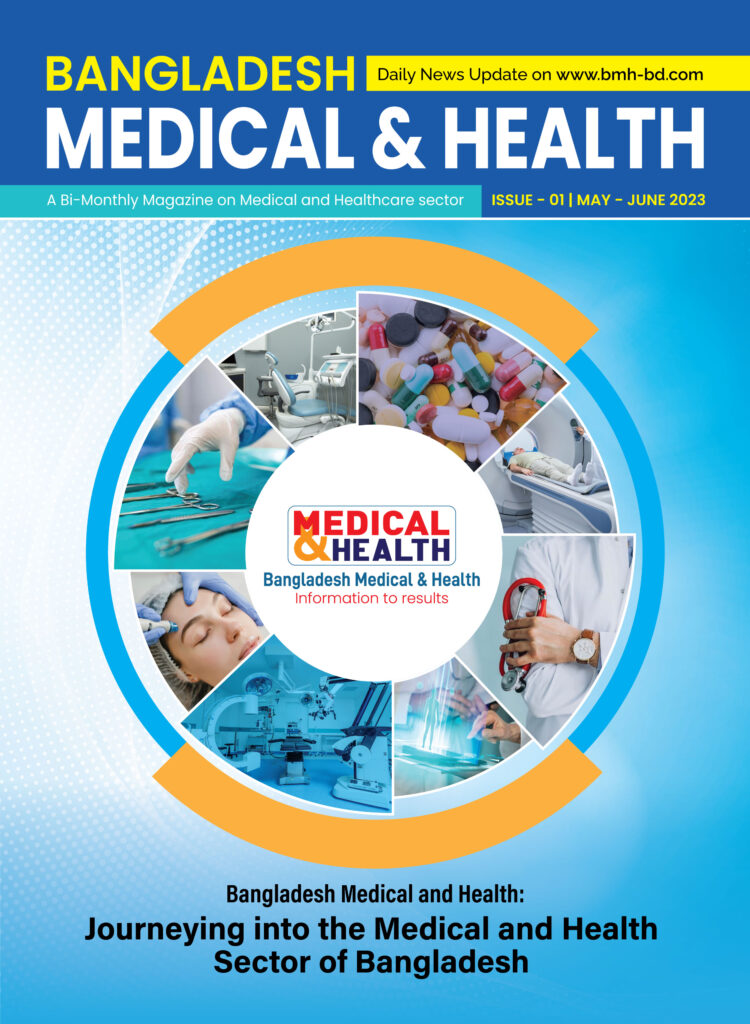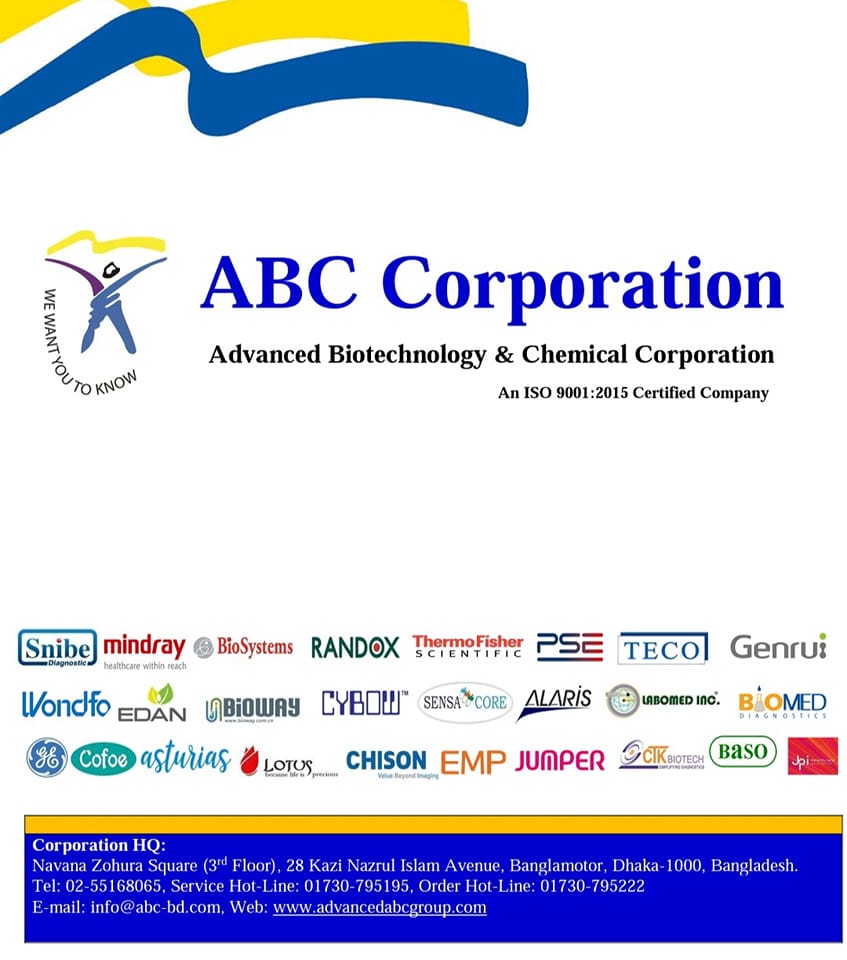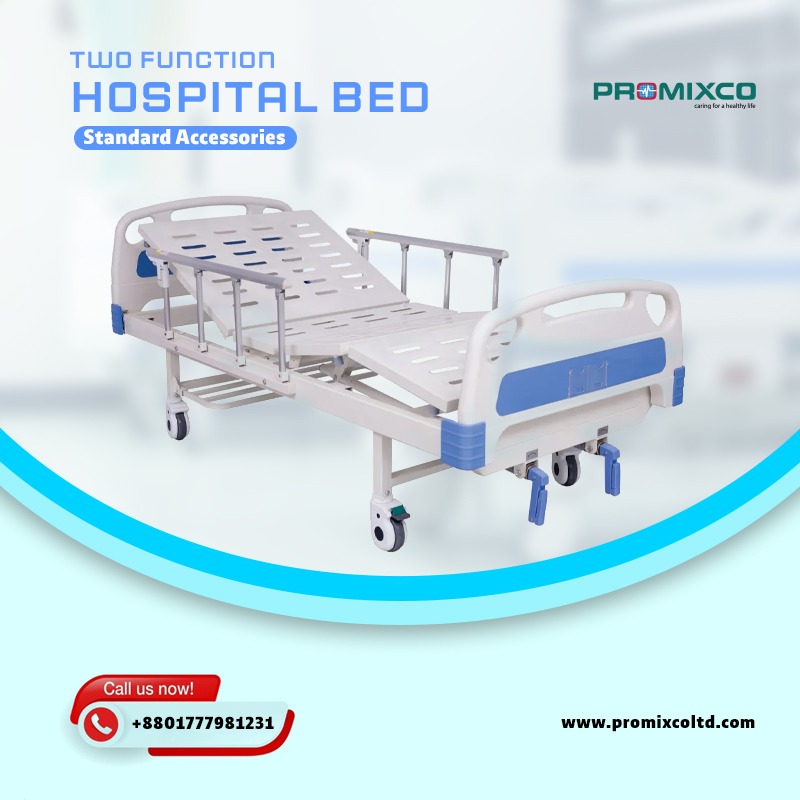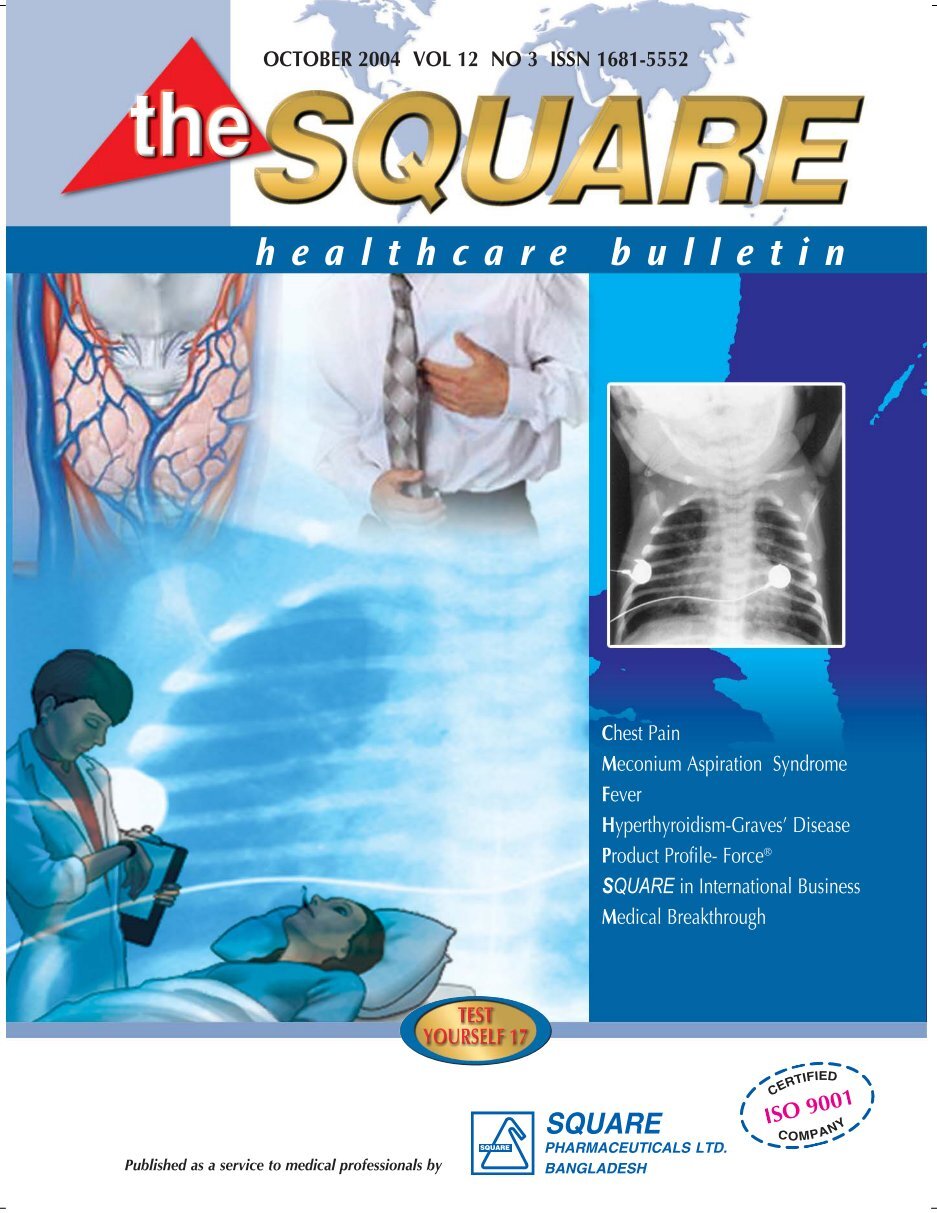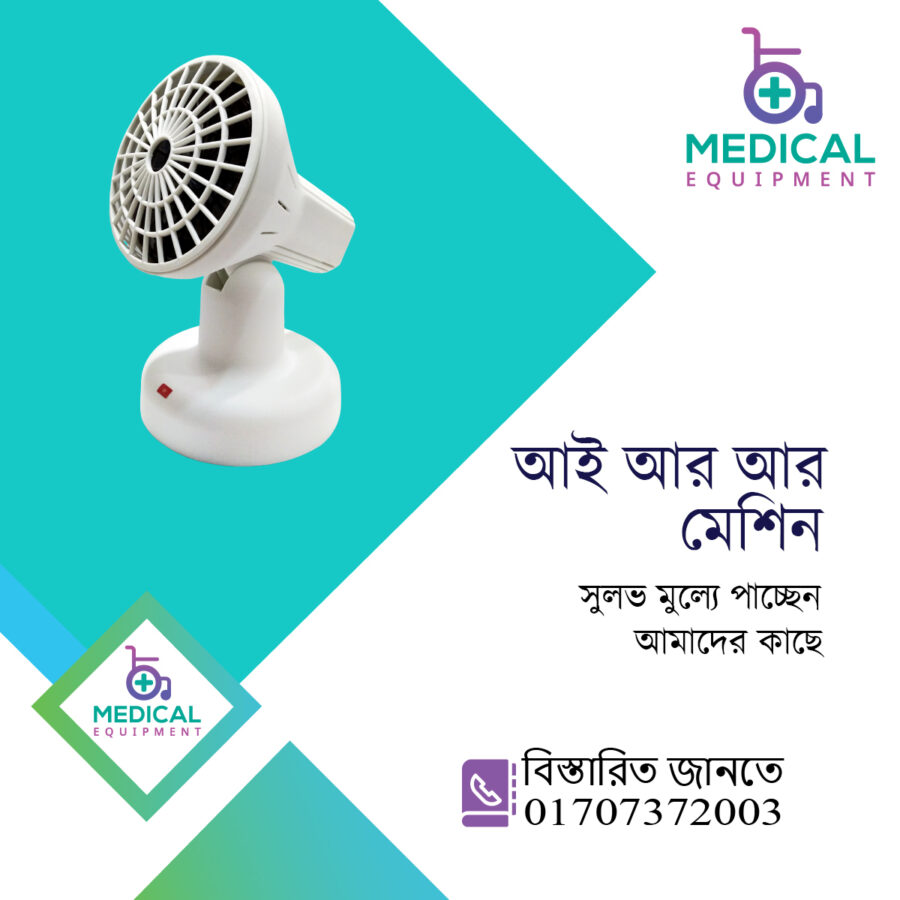Unveiling Hypertension: Symptoms and Effects on Health

Introduction:
Hypertension, commonly known as high blood pressure, is a prevalent medical condition that affects millions of people worldwide. Often referred to as the “silent killer,” hypertension can have significant implications for health if left untreated. In this article, we will delve into the symptoms of hypertension and explore its effects on the body, emphasizing the importance of early detection and proper management.
I. Understanding Hypertension:
- Definition and Measurement: Hypertension is defined as persistently elevated blood pressure levels, typically characterized by a systolic blood pressure of 130 mm Hg or higher and/or a diastolic blood pressure of 80 mm Hg or higher. Blood pressure is measured using a sphygmomanometer and is expressed as systolic over diastolic pressure.
- Primary vs. Secondary Hypertension: Primary hypertension refers to high blood pressure without an identifiable cause, while secondary hypertension is often the result of an underlying medical condition, such as kidney disease, hormonal disorders, or certain medications.
II. Recognizing Hypertension Symptoms:
- Silent Nature: Hypertension is often asymptomatic in its early stages, leading to its reputation as the silent killer. Regular blood pressure screenings are crucial for early detection.
- Possible Symptoms: Some individuals may experience symptoms such as headaches, dizziness, shortness of breath, chest pain, or visual disturbances. However, these symptoms are not specific to hypertension and may also indicate other underlying conditions.

III. Effects of Hypertension on Health:
- Cardiovascular System: Hypertension exerts excessive force on blood vessel walls, leading to various cardiovascular complications, including:
- Increased risk of heart attack (myocardial infarction) and stroke.
- Atherosclerosis (narrowing of blood vessels due to plaque buildup), which can impede blood flow and lead to heart disease.
- Cardiac hypertrophy, where the heart muscles thicken in response to increased workload, potentially leading to heart failure.
- Kidney Function: Hypertension can damage the blood vessels in the kidneys, impairing their ability to filter waste and maintain fluid balance. This may result in chronic kidney disease or kidney failure.
- Brain and Nervous System: High blood pressure can cause small blood vessels in the brain to weaken or rupture, leading to a stroke or transient ischemic attack (TIA). Hypertension is also linked to cognitive decline and an increased risk of developing dementia later in life.
- Eyes and Vision: Prolonged hypertension can damage the blood vessels in the eyes, leading to retinopathy, vision loss, or even blindness.
IV. Managing Hypertension:
- Lifestyle Modifications: Adopting a healthy lifestyle is essential for managing hypertension. This includes:
- Following a balanced diet rich in fruits, vegetables, whole grains, and low-fat dairy products while limiting sodium intake.
- Engaging in regular physical activity and maintaining a healthy weight.
- Limiting alcohol consumption and quitting smoking.
- Medications: In some cases, lifestyle modifications alone may not be sufficient, and healthcare professionals may prescribe antihypertensive medications to help control blood pressure.
Conclusion:
Hypertension is a widespread medical condition that often presents no noticeable symptoms in its early stages. However, the long-term effects on various body systems can be severe if left untreated. Regular blood pressure screenings, coupled with lifestyle modifications and appropriate medical interventions, play a crucial role in managing hypertension and reducing the associated health risks. Timely diagnosis and proactive management can help individuals lead healthier lives and prevent complications associated with hypertension.


